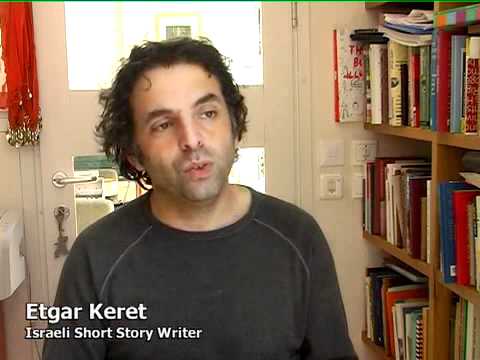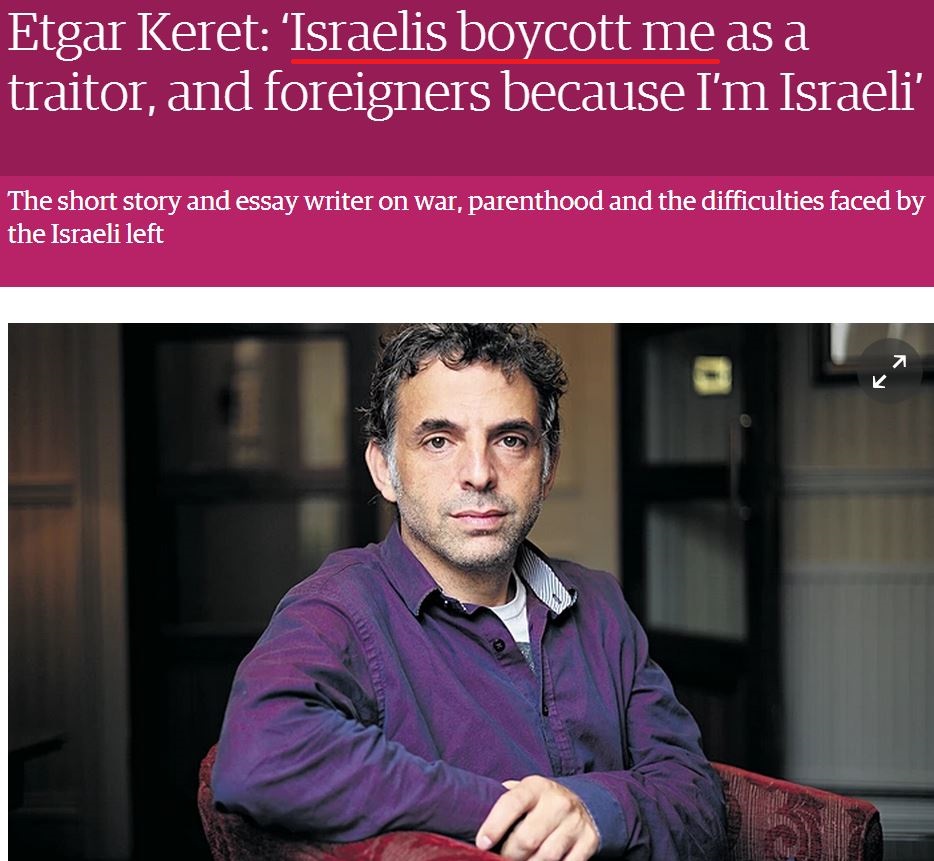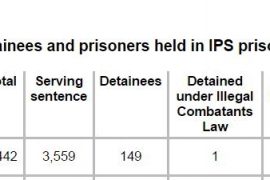Etgar Keret is an internationally acclaimed Israeli writer and left-wing activist. Keret, like many on the far end of the Zionist political spectrum, evidently has a difficult time gracefully accepting the fact that most don’t share his political views. Enter the Guardian – a publication all too eager to cast such Israelis as victims of the state’s putative intolerance towards dissent.
Here was the headline of Alice O’Keeffe’s interview of the Keret published in the Guardian on Aug. 1.
Though much of the interview deals with Keret’s new collection of short stories (Seven Good Years), the Guardian interviewer devotes a considerable amount of space to his politics:
Keret is clearly infuriated with the position he finds himself in as a prominent liberal leftwing Israeli – he regularly writes opinion pieces on the conflict for both the Israeli and the international press – who is increasingly damned both by his nation, and by its international critics. “I find myself being caught between a rock and a very hard place. During last summer’s war I was in Israel, writing against the government, writing against the Gaza war, receiving death threats for me and my wife and my child, and whenever I would travel overseas I would go to places where people would say I’m a baby killer, I have blood on my hands. In Israel people would boycott me saying I’m a traitor, and overseas people would boycott me because I’m Israeli.”
So, just to be clear: Keret, who is reportedly one of Israel’s best selling authors and regularly writes opinion pieces for the Israeli press expressing his leftist views, claims he is “boycotted” due to such heterodox views on the Israeli-Palestinian Conflict. As the leftwing Israeli journalist Anshel Pfeffer observed on Twitter, when you’re featured on the front page of Yedioth Ahronoth (the second most widely read newspaper in Israel), it strains credulity to claim you’re being “boycotted”.

Of course, when anti-Israel foreign activists boycott Keret, it’s part of an organized campaign to exclude him and his work from the international literary arena, born of an ideological belief that all Israelis are morally beyond the pale. When Israelis who disagree with his politics personally choose not to buy Keret’s books or see his films, they’re not part of any sort of similar campaign to censor him, but are simply exercising an individual choice as consumers.
The only “difficulties” faced by far-leftists in Israel like Keren is that their views on the most central issues of war and peace (such as the summer war in Gaza) are rejected by the overwhelming majority of Israelis. They’re neither censored, nor attacked in the streets for holding such opinions.
The Guardian headline again reinforces their readers’ considerable prejudices about the Jewish state, particularly the intellectually unserious narrative which holds that Israeli society continues to lurch towards the political darkness of the extreme right.
Related articles
- When the BBC proclaimed imminent peace in the Middle East (bbcwatch.org)






